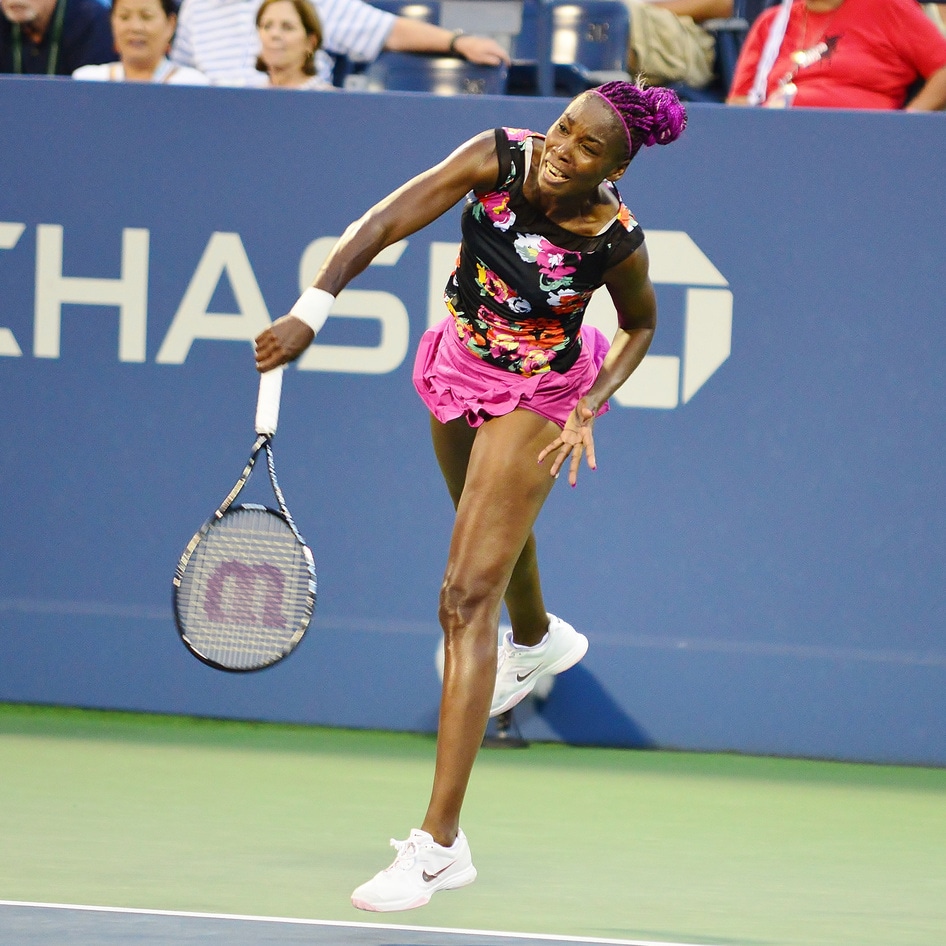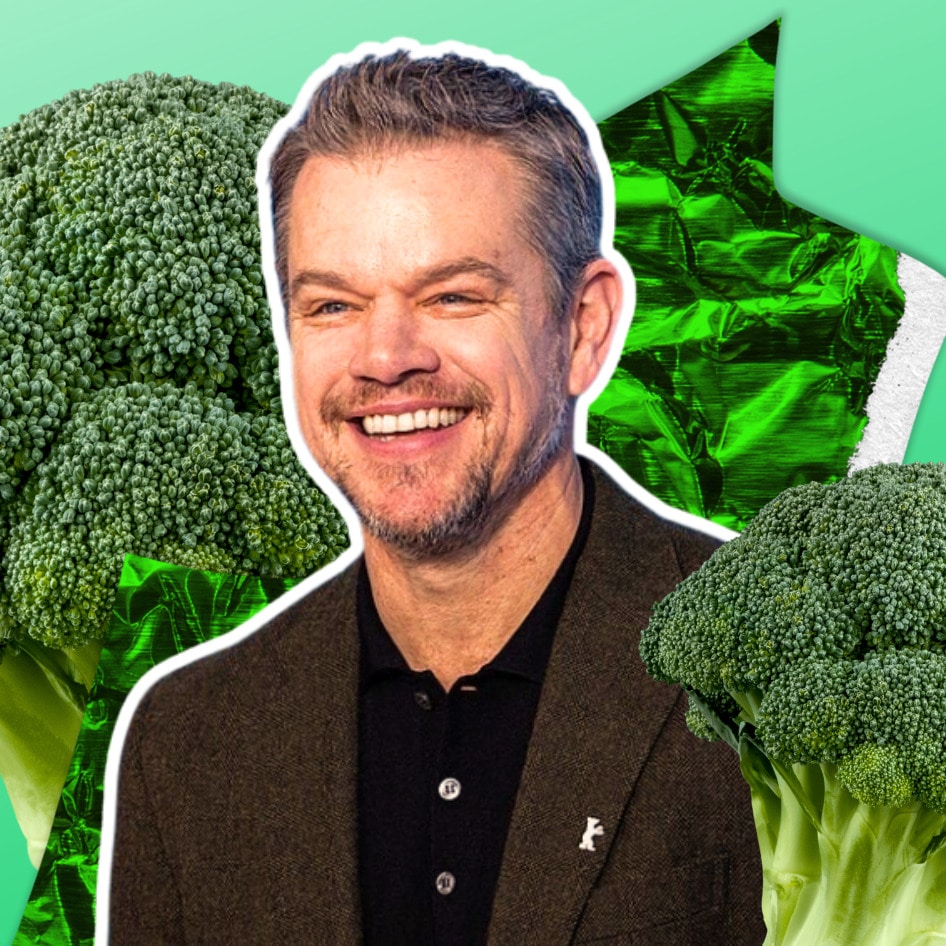5 Things I Learned Working with Pigs This Summer
The idea that pigs are filthy is just one thing humans get wrong about these kind creatures.
September 11, 2017
I don’t know how I imagined the summer before senior year, but I definitely never saw myself sitting in the mud or hand-feeding sandwiches to a terminally-ill pig one bite at a time. But that’s exactly what I did, and I wouldn’t change a thing. For approximately eight weeks, I volunteered at Oscar’s Piggy Oasis, a 24/7 hospice for elderly, disabled, and special-needs pigs in Middletown, NJ. During my time at Oscar’s, I met its nine special-needs residents (Winkie, Zsa-Zsa, Franklyn, Clancy, Princess, Mack, Mikey, Marvin, and Sammy), and learned that every pig has his or her unique personality, likes, and dislikes. And, if you’re willing to listen, pigs also have amazing stories to tell and important life lessons to share. Here are five other things I learned about pigs that I think everyone should know.
1. Cleanliness is key
People usually think of pigs as rolling around in the mud and eating from a trough, but in reality, pigs are one of the cleanest creatures in the animal kingdom. Mack, for example, a Vietnamese Potbelly with epilepsy, would literally scream if you wore shoes in his house (which I discovered the hard way). And Zsa-Zsa, who has terminal cancer, made me wipe her snout after every bite. Furthermore, most of the pigs wouldn’t eat food off the floor, and if they saw me drop their meals, they wouldn’t touch it until they saw me wash it off with water.
2. Don’t sweat the small stuff
If pigs are so clean, what’s with the trope of “the filthy pig?” According to science—and Dawn Verrilli, owner of the Oasis—pigs don’t have sweat glands. Instead, they cool off on a hot day by bathing in the mud. In that regard, pigs have the right idea. Pigs are shameless—they like what they like, and they don’t care what you think. That might mean getting dirty, but that’s just part of life. For pigs, there are bigger things about which to worry (such as what’s for dinner).
3. Mean what you say, and say what you mean
Pigs are intelligent creatures who understand language and have unique languages of their own. However, most of them are seriously lacking in eyesight, especially the pigs at the Oasis (Clancy, for example, arrived so morbidly obese that his fat folds covered his eyes). This poor eyesight is why it’s crucial for people to verbally communicate to the pigs during feeding. I learned that if I didn’t tell them they were approaching the last bite, they might have mistaken my finger for a carrot and tried to take it as a snack!
4. Life is short—eat dessert first
Of all the Oasis pigs, the one with whom I bonded most was Sammy. I spent countless hours taking care of him. He looked me in the eye when I spoke, and he would greet me like an old friend. I felt like he was genuinely excited to see me, and although that might be because I always came with food, Sammy faced every trial and tribulation with a charming smile. He kept smiling after his diagnosis of testicular cancer, and he kept smiling as the cancer spread to his brain. On August 7, Sammy passed away from his ailments at the age of 15 years old. Even though things were hard for Sammy, he always enjoyed life’s simple pleasures, such as pancakes, soft blankets, and belly rubs. And he never, ever stopped smiling.
5. We are more than the sum of our parts
Loins, ham, bacon, ribs, and shank—there are so many people who see pigs like Sammy as nothing but cuts of meat made for human consumption. But pigs are worth so much more than their prices on menus. They’re complex and sentient beings capable of just as much love and emotion as any other living creature. Pigs are for loving, not for eating, and if you asked Sammy, he would have said that snouts are for sniffing pancakes, legs are for frolicking, and bellies (of course) are for endless belly rubs. Pigs might not speak our language, but that doesn’t mean they don’t have a lot to say. Pigs are kind, smart, and loyal, and as we head back to school this September to study algebra, chemistry, or history, it’s important to remember that not all lessons can be taught in a classroom. For me, some of the most important life lessons to which I was exposed this summer were learned sitting in the mud, and hand-feeding sandwiches to a pig one bite at a time.
Sarah Baum is a freelance writer and journalist from New Jersey who primarily writes about social causes close to her heart, such as animal welfare and environmental preservation.
JUMP TO ... Latest News | Recipes | Guides | Health | Subscribe







